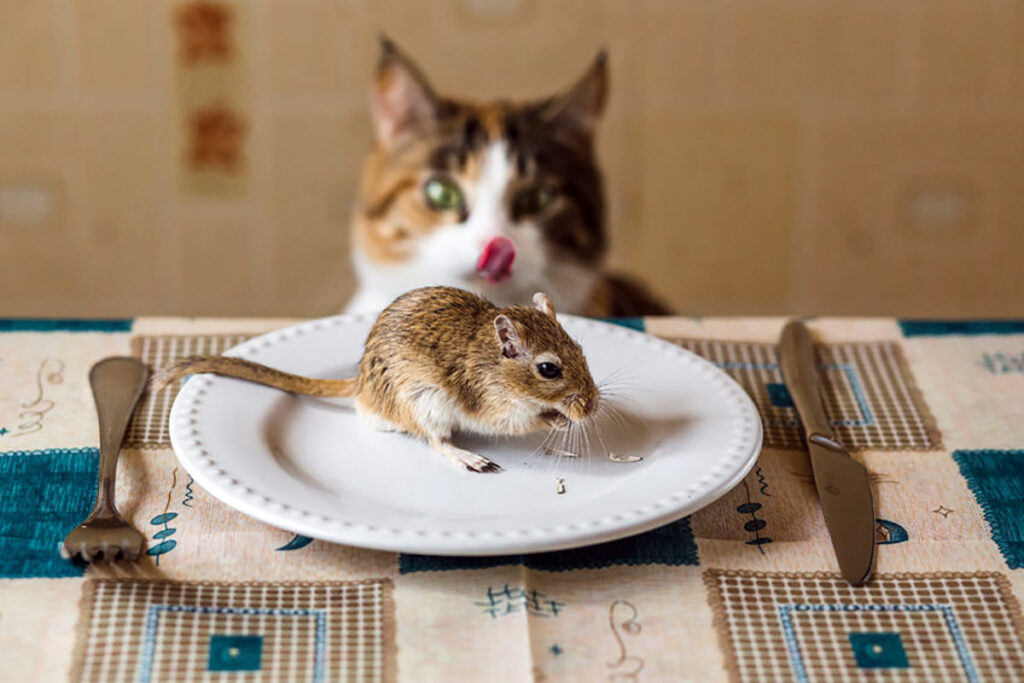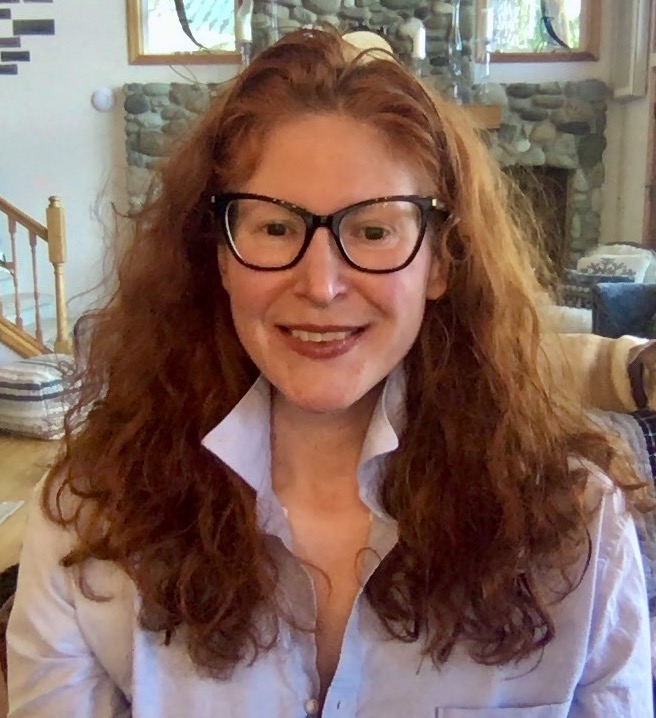 Do narcissists have a preferred type? Yes, they do. Or rather, they have preferred types of traits. First, there are demographics, e.g., young, old, muscular, thin or curvy. Sometimes, the narcissist’s preferred target demographics change as they age. *Notice I didn’t say mature!
Do narcissists have a preferred type? Yes, they do. Or rather, they have preferred types of traits. First, there are demographics, e.g., young, old, muscular, thin or curvy. Sometimes, the narcissist’s preferred target demographics change as they age. *Notice I didn’t say mature!
For example, some narcissists seek high status types. By high status, I mean wealth, celebrity, big talent, power and/or career success. A high status partner appeals to some narcissists’ grandiose false self. Of course, what initially attracts the NPD/BPD, they soon grow to envy and resent. And, will eventually try to destroy once they realize they can’t possess your qualities for themselves.
Some narcissists prefer “inferior” types. Meaning, someone they see as low status (i.e., less money, power, talent, etc.) Then, the narcissist wields their power or money as a weapon. If they raised you to such heights (by targeting you), you’d better be damn grateful! And you better show the narcissist how damn grateful you are each damn minute of every damn day!
Do narcissists have a preferred type? Yes, some preferences depend upon the following factors:
- The narcissist’s preferred kind(s) of supply. In other words, the stuff people put in dating profiles.
- Availability of preferred supply. If the preferred supply isn’t available, then any orifice in a storm will do!
- The narcissist’s demographics. For example, age, social status, physical attractiveness, etc.
- Other issues related to the specific narcissistic injury or injuries from childhood.
Do Narcissists Have a Preferred Type?
Narcissists and borderlines, just like non-disordered people, have physical, education, style and hobby preferences. But that’s not what makes someone a target. More importantly, a NPD/BPD person seeks personality traits and trauma histories that make you an easy, vulnerable, and thus, good target.
Enablers
Regardless of demographics, narcissists are looking for willing enablers. If you’re willing to enable until discard you do part, congratulations! You’re perfect narc bait!
Do you make excuses for other people’s rotten behavior? Are you willing to clean up your partner’s messes, crises and conflicts? Do you have no problem lying for your partner to protect them from the consequences of their reckless and/or antisocial behavior?
If you answered yes, yes and yes, I encourage you to seek professional support to understand how and why this came to be. And, most importantly, how to stop being an enabler.
Codependents
Do you confuse being needed with being loved? Are you self-sacrificing to the point of being a doormat? Do you try to make yourself indispensable to others as a way to seek approval and/or avoid anger or abandonment? Are you involved in covert contracts? Meaning, do you have unspoken expectations in your relationships? For example, “If I ignore my needs and take care of Narcole until she changes and becomes a completely different person, then it’ll be my turn!”
Not everyone in a relationship with a narcissist is codependent. But, if you’ve had more than one encounter of the NPD/BPD kind, it’s time to understand why. Codependency is a dysfunction of interpersonal relating. Meaning, you relate to others in unhealthy ways. If you don’t deal with your codependency, you’ll continue to attract narcissists and other abusers.
The Three N’s: Nice, Naive and Non-Confrontational
Individually, these qualities increase your vulnerability to narcissistic abuse. Having all three multiplies the degree of risk and puts a bulls eye on your forehead. Prepare to be bulldozed if you’re conflict avoidant. Peacekeeping and appeasing aren’t the same thing.
In addition to the three N’s, the following are related traits narcissists seek in their targets: Agreeableness, conscientiousness, compassion and cooperativeness.
a) Agreeableness
Agreeable people prioritize social harmony. “They value getting along with others. They are generally considerate, kind, generous, trusting and trustworthy, helpful, and willing to compromise their interests with others” (Rothman and Coetzer, 2003). They’re also forgiving.
Agreeableness is a wonderful quality. However, taken to an unhealthy extreme, it becomes people-pleasing approval-seeking. The NPD/BPD will bask in your agreeableness during the love bombing stage. During the devaluation stage, these behaviors elicit their contempt and ire. In fact, the more agreeable you are, the nastier the narcissist becomes.
b) Conscientious
Conscientious people take their obligations seriously. They’re dutiful and aim to perform their tasks well. If you’re conscientious, you’re good cannon fodder for the “O” in FOG, i.e., obligation. Fear, obligation and guilt are the glue trap in abusive relationships. In other words, the NPD/BPD uses it as a powerful manipulation tool. Conscientious people honor their obligations. However, you owe nothing to someone who abuses you.
c) Compassion
Compassionate people seek to relieve the suffering of others. And, who suffers more than narcissists and borderlines?! I mean, besides their partners and children, of course. Or, anyone who gets too close to them, and sees behind their mask.
Compassion is yet another wonderful quality that narcissists seek in their targets. If enabled to do so, they’ll exploit it until you’re a desiccated husk of your former self. If you’re easily moved by pity and sympathy, you’re a mark for professional victims. Learn to be more discerning.
d) Cooperativeness
Cloninger (1993) describes cooperative people as generally agreeable in their relationships instead of “aggressively self-centered and hostile.” His research also finds that low cooperativeness is related to all forms of personality disorder. According to Cloninger, “cooperative people are socially tolerant, empathic, helpful, and compassionate, as opposed to intolerant, callous, unhelpful, and vengeful.”
You can see why narcissists and other predators like cooperative targets. We’re the yin to their yuck.
Cult of One
Do narcissists have a preferred type? You betcha. Here’s another question. What do narcissists and cult recruiters have in common? They seek similar traits in their victims. Michael Langone, PhD (2006) describes cult victim traits. Here are the traits shared by both groups:
- Dependent and emotionally needy.
- Socially isolated. Has an intense desire to belong.
- Hungry for approval and validation — hello, love bombing!
- Looking for a higher purpose or identity.
- Unassertive and has a hard time saying no.
- Disillusioned — e.g., with Internet dating?
- Gullible, or easily duped or conned.
- Believer in fate, or that “everything happens for a reason.”
- Naive idealist, or only sees the good in others. How many times have you asked, “Who does something like that?!“
- Low self-worth, self-confidence and self-esteem individuals.
- Emotionally and psychologically vulnerable. For instance, have you suffered a recent loss or highly stressful event?
Do Narcissists Have a Preferred Type?
As you can see, yes, narcissists do have a preferred type. Not necessarily in terms of appearance, education, age, ethnicity or other social demographics. But rather, in terms of personality traits that make you a vulnerable and, therefore, attractive target.
Good news! You can become more assertive and build self-esteem. Furthermore, you can develop better judgment and learn to spot NPD/BPD red flags. You can also work on having healthier boundaries, and saying no. And, of equal importance, you can practice better discernment when being agreeable, conscientious, cooperative and compassionate. All of this is do-able!
Do you know how you’ll be able to tell when you’ve turned a corner? When you no longer care what, why or how narcissists do what they do. Or what or why a narcissist or borderline thinks what they think. Onward and upward!
 Counseling, Consulting and Coaching with Dr. Tara J. Palmatier, PsyD
Counseling, Consulting and Coaching with Dr. Tara J. Palmatier, PsyD
Dr. Tara J. Palmatier, PsyD helps individuals with relationship and codependency issues via telephone or Skype. For over a decade, she has specialized in helping men and women break free of abusive relationships, cope with the stress of ongoing abuse and heal from the trauma. She combines practical advice, emotional support and goal-oriented outcomes. If you’d like to work with Dr. Palmatier, please visit the Schedule a Session page or you can email her directly at shrink4men@gmail.com.
 Want to Say Goodbye to Crazy? Buy it HERE.
Want to Say Goodbye to Crazy? Buy it HERE.
Leave a Reply
You must be logged in to post a comment.